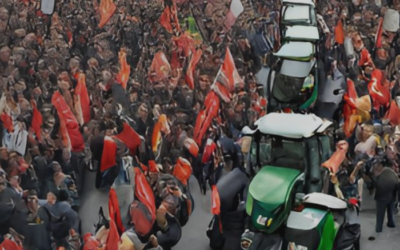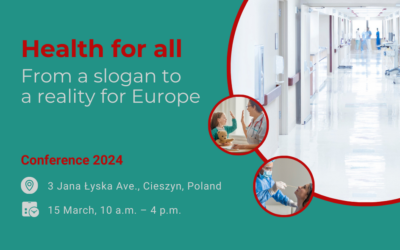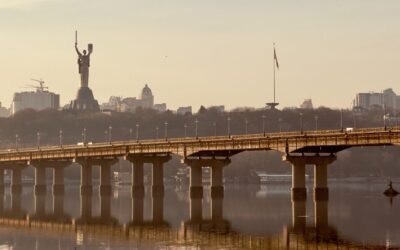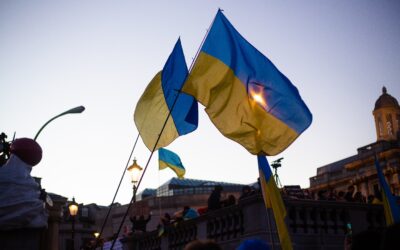Europe, a Patient Association is a pan-European, non-partisan, cross-political advocacy and expert initiative.
Europe is engulfed by problems caused by disregard of the powerless by the powerful.
Europe, a Patient is the voice of the less powerful against greed and short-term interests which harm societies and environment. We are the voice on ending pandemics, ensuring just climate transition and strengthening European solidarity.
War
Pandemics
energy transition
Latest articles
O co chodzi rolnikom: ekologia – Ukraina – ekonomia
Serdecznie zapraszamy do wysłuchania debaty o sytuacji rolników w Polsce i Europie.
Health for all. Conference
As part of the discussions, we will address the phenomena of privatisation of health services, tendencies towards a geographical centralisation of the services offered by hospitals and clinics, the mental health crisis and the systemic burden of the long COVID phenomenon.
Apel w sprawie zakażeń COVID w Polsce
Apel do Minister Zdrowia Izabeli Leszczyny w sprawie zakażeń COVID w Polsce, podpisany w dn. 18.01.2024 przez ekspertów i osoby zaangażowane w walkę o zdrowie publiczne.
Światła małego miasta, czyli spółdzielcza praca i energia w Polsce powiatowej
Czy sprawiedliwa transformacja – przejście na czyste źródła energii bez przerzucenia kosztów na najsłabszych – ma szanse zakorzenić się w „Polsce mniejszych miast”?
Policy & Values Conference
Leaders, policymakers, and experts will gather to engage in interplay between policy-making and values to bring long-term solutions on global issues, just transition, pandemics, the future of Ukraine and EU.
Onet i SmogLab o naszym apelu – wsparcie dla górników
Wraz z dziesięcioma innymi organizacjami podpisaliśmy apel do Komisji Europejskiej. O naszych postulatach pisze SmogLab i Onet.
Appeal to the European Commission
Appeal to the European Commission for approval of state aid for
the Act of August 17, 2023 on social protection for workers in the electricity and lignite mining sectors
Po wyborach: analiza
“Nie płaczemy i nie otwieramy szampana”, czyli analiza wyników kampanii. Tekst Mateusza Piotrowskiego i Krzysztofa Mroczkowskiego w “Nowym Obywatelu”.
We are recruiting: Head of Brussels Advocacy
Would you like to have an impact in shaping EU policy? Join our team – a pan-European, non-partisan, cross-political advocacy and expert initiative.
Workshop in Wielkopolska
We organized a workshop about the future of the region and its just transformation. Over 50 people took part in the workshop on 19th of September.
Spółdzielnie górników, spółdzielnie energetyczne
Pakiet „Gotowi na 55” (Fit for 55) – z dr. Mateuszem Piotrowskim rozmawia Łukasz Komuda (Spójna Integracja Regionalna Ekonomii Społecznej)
Odbudowa Ukrainy: Mateusz Piotrowski | “Układ Otwarty – Igor Janke”
Na co choruje Europa? Jak odbudować Ukrainę? Jakim będzie ona krajem po wojnie? Jaką w tym rolę ma Polska? Jakie są największe wyzwania?
Ukrainian Recovery
British spiritual leaders came together with Ukrainian activists and experts to call for a green, just and citizens-led recovery of Ukraine













